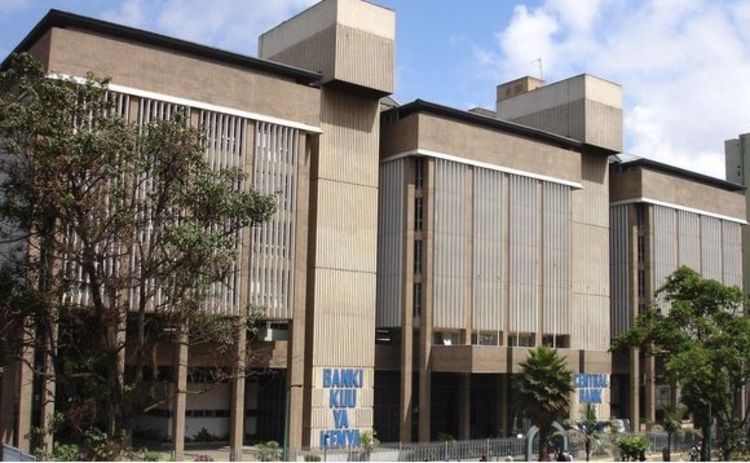SMEs face credit crunch as CBK ratifies new loan plan
By People.Reporter, March 11, 2022Small businesses and individuals risk being locked out of the loans market on account of a new risk-based pricing model. This follows indications that the Central Bank of Kenya (CBK) has began approving lenders’ applications to change the cost of loans based on customer risks.
The move will see loans to unsecured individuals and small businesses jump from the current average lending rate, with Equity Bank hinting at a CBK approval, which may see them pricing loans at 18.5 per cent compared to the current average of 13.5 per cent.
“Interest loans will now be based on the risk of the client. We are using sovereign risks as a base then adding the risk of the individual sector and then within the sector the risk of the specific client and then we add operational costs,” said Equity Bank CEO James Mwangi.
The regulator started to approve applications by commercial banks for risk-based pricing models after pressure from the lenders, who even raised the issue at the International Monetary Fund, in a move that will see banks use sovereign risk-based models plus the customer risk.
Equity Group intends to use the base rate of 13 per cent which matches the average rate charged on government bonds of over five years.
Analysts at Sterling Capital said, narrowing down to Equity Group, that with fluctuating sovereign risk, there could be a chance that the rates exceed 18.5 per cent.
“The loan pricing formulae approval will be bank-specific and thus we cannot speak to whether or not the sovereign risk or CBR will be used for respective models,” analysts who spoke to Business Hub but requested to remain anonymous said.
However, they added that, Equity bank’s model incorporates sovereign risk which most likey is due to their risk exposure in different countries. Central Bank has, however, repeatedly warned banks against reverting to punitive interest rates of more than 20 per cent and thus every margin should be justifiable.
Blue-chip firms
The move could mean that established companies, especially blue-chip firms will be the main beneficiaries of the programme, by being able to borrow at near the same rate as the government. “There are corporates such as blue-chip firms which will be able to get as low as sovereign risk, those with higher risk will get as high as 16 per cent, then there are the SMEs from 14 to 16 per cent, the unsecured individuals and lending to MSMEs from 16 to 18 per cent,” said Mwangi. Sterling Capital analysts further said that CBK had also approved the same for Absa Bank and three other small banks which however did not go public with the news.
More Articles

